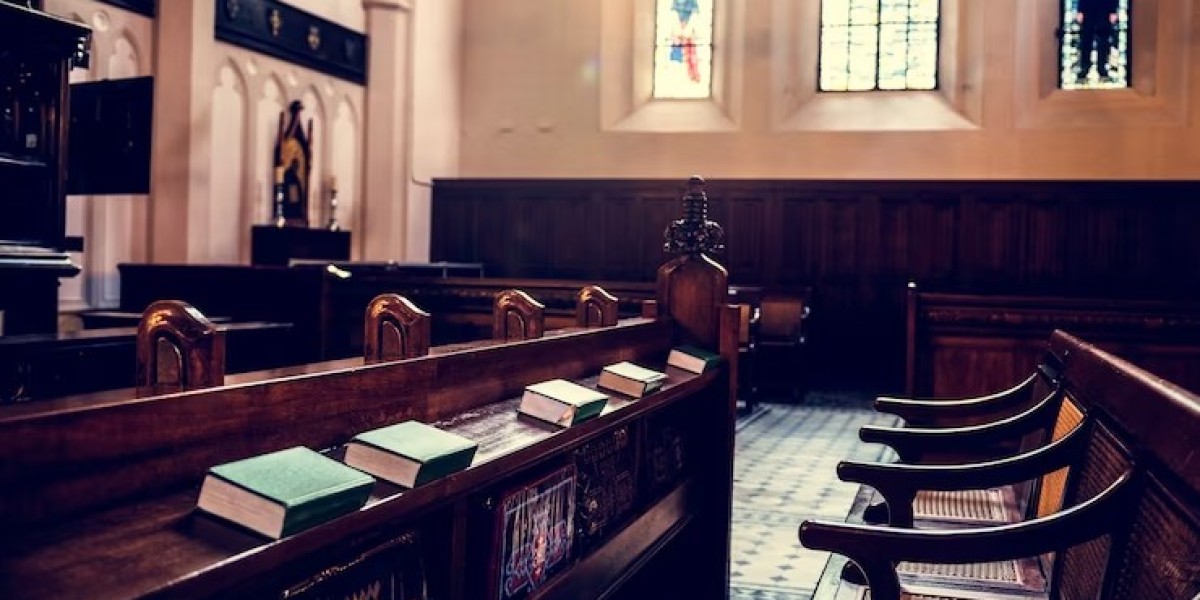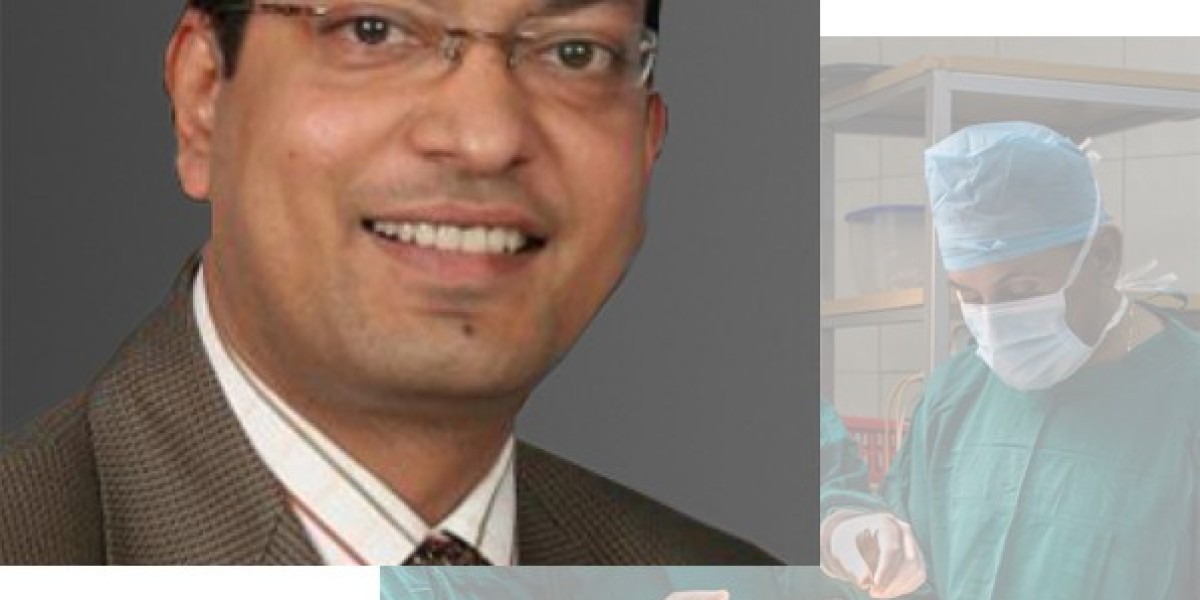In the realm of personal injury law, building a strong case is paramount to achieving justice for accident victims and their families. A successful case hinges on the collection and presentation of compelling evidence that supports the plaintiff's claims.
Boston, a city steeped in history and legal precedent, is home to several prominent personal injury firms that have mastered the art of gathering crucial evidence to construct formidable cases. This article delves into the strategies employed by these firms in the pursuit of justice for their clients.
Unveiling the Components of Personal Injury Cases
Personal injury cases encompass a wide range of situations, from automobile accidents to medical malpractice and from slip and fall incidents to injuries from defective products. The core principle behind these cases is establishing that the defendant's negligence or wrongful actions directly led to the plaintiff's harm. To prove this, a wealth of evidence must be meticulously gathered and presented.
The Role of Evidence in Personal Injury Cases
Evidence serves as the foundation of any legal case, and personal injury claims are no exception. Strong evidence not only bolsters the plaintiff's argument but also provides a compelling narrative that can sway judges and juries or even lead to favorable out-of-court settlements. The evidence-gathering process involves a combination of legal expertise, investigative skills, and collaboration with experts in various fields.
Strategies of Boston's Personal Injury Firms in Building Strong Legal Arguments
Thorough Scene Investigation
One of the initial steps a Boston personal injury firm takes is conducting a thorough scene investigation. This involves visiting the location where the injury occurred and gathering firsthand information. Attorneys and investigators examine the scene's conditions, take photographs, and gather any available surveillance footage. In motor vehicle accidents, for instance, skid marks, road conditions, and traffic signals can all contribute to reconstructing the sequence of events.
Witness Interviews
Eye-witness accounts can significantly impact the outcome of a personal injury case. Attorneys work diligently to locate and interview witnesses who were present during the incident. These witnesses can provide crucial details that may have been overlooked or were not indicated by physical evidence alone. Their testimony can help establish fault and provide insight into the extent of the injuries sustained.
Medical Documentation and Expert Testimony
Medical records play a pivotal role in personal injury cases. Attorneys collaborate with medical professionals to gather comprehensive documentation of the plaintiff's injuries, treatment, and prognosis. This evidence not only substantiates the physical and emotional toll on the victim but also links the injuries directly to the incident in question. In complex cases, medical experts are often called upon to provide testimony that explains the extent of the injuries and their long-term effects.
Gathering Surveillance and Electronic Evidence
With the proliferation of technology, electronic evidence has become increasingly valuable in personal injury cases. Boston personal injury firms work to secure surveillance footage from nearby security cameras, traffic cameras, or even smartphones. This evidence can provide real-time documentation of the incident and corroborate the plaintiff's version of events. Social media posts and electronic communications may also be gathered to establish the emotional distress and impact on the plaintiff's quality of life.
Accident Reconstruction
Accident reconstruction is a specialized field that employs engineering principles to recreate the circumstances of an accident. Boston personal injury firms often collaborate with accident reconstruction experts to create detailed simulations of accidents. Using data such as vehicle trajectories, impact points, and vehicle dynamics, these experts can provide a clear visual representation of how the incident unfolded. This evidence can be particularly persuasive in cases where the fault is disputed.
Financial Documentation
Personal injury cases often encompass financial losses such as medical bills, lost wages, and property damage. Attorneys meticulously gather and organize financial documentation to demonstrate the economic impact of the injury. This evidence not only substantiates the damages claimed but also provides a quantifiable basis for compensation calculations.
Establishing Negligence
To succeed in a personal injury case, the plaintiff must establish the defendant's negligence or wrongful actions. Attorneys delve into the defendant's actions leading up to and during the incident to demonstrate a breach of duty of care. This involves examining records, contracts, and any relevant documentation that sheds light on the defendant's responsibilities and their failure to meet them.
Conclusion
Building a strong personal injury case requires a combination of legal acumen, investigative prowess, and collaboration with experts. In Boston, personal injury firms employ a multi-faceted approach to gather crucial evidence that supports their clients' claims.
Thorough scene investigations, witness interviews, medical documentation, electronic evidence, accident reconstruction, financial documentation, and establishing negligence all contribute to constructing compelling narratives that can lead to successful outcomes.
As these firms continue to refine their evidence-gathering techniques, the pursuit of justice for injured individuals remains at the forefront of their mission. If you are looking for the best personal injury firm, look no further than Swartz & Swartz.








